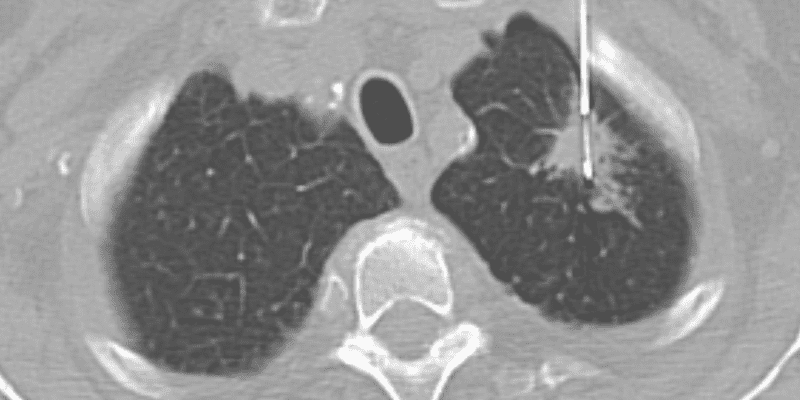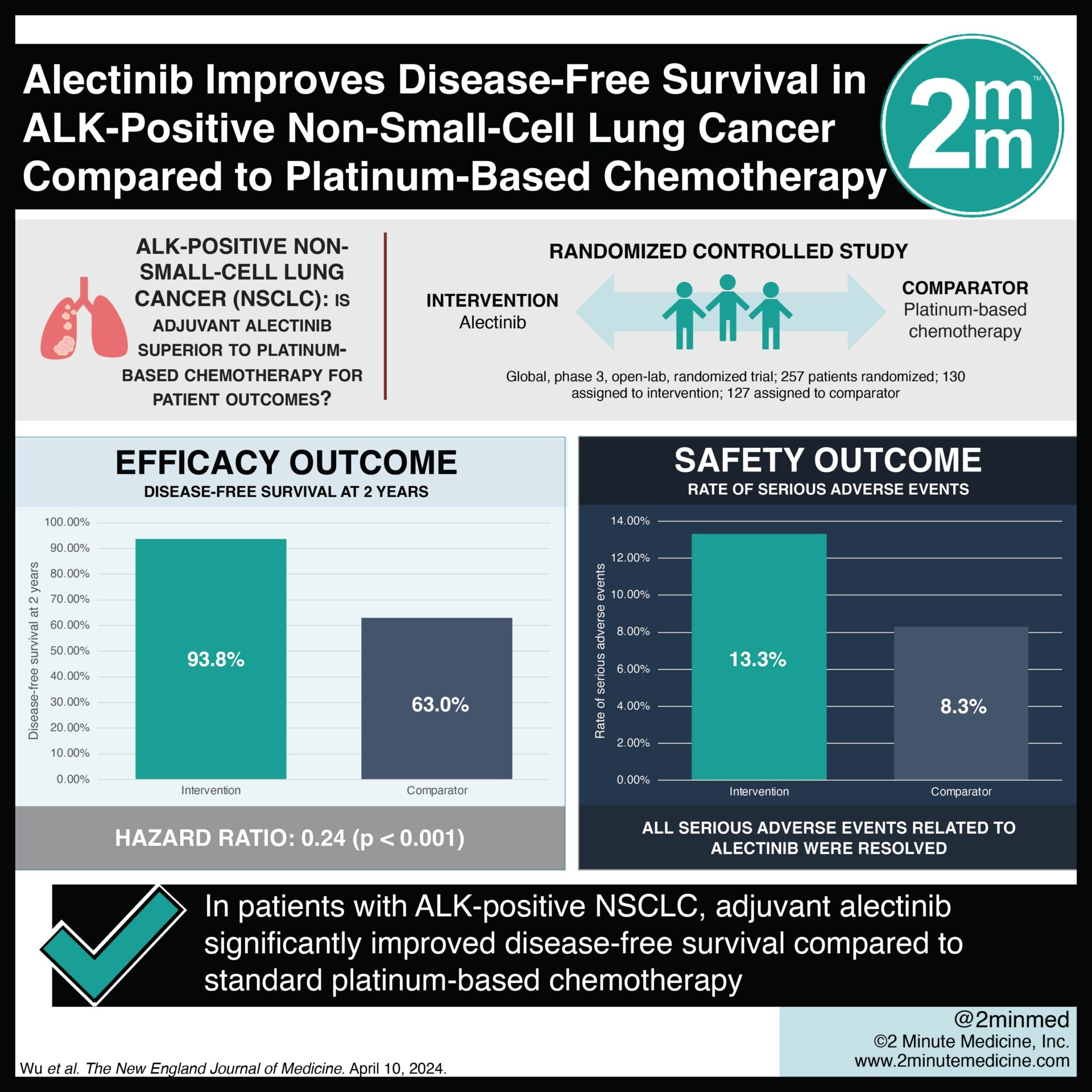Medication reviews can be used to promote appropriate pharmacotherapy and negate the harmful consequences of polypharmacy. This study aimed to evaluate the effect of physician-led medication reviews and increased cross-sectoral communication as a supplement to standard care in a type 2 diabetes outpatient clinic.
This pragmatic, randomised clinical trial enrolled patients with type 2 diabetes treated with at least 12 medications. The subjects were randomised to either standard care (standard care consultation at the outpatient clinic) or standard care plus a medication review consultation and increased cross-sectoral communication. The primary outcome was the number of medications used after six months. Health-related quality of life was quantified using the EuroQoL 5-dimension 5-level (EQ5D-5L) questionnaire.
We recruited 50 participants with a median age of 72 (IQR 67-75) years. The mean number of medications per patient changed from 17.9 to 14.3 in the intervention group and 17.6 to 17.2 in the control group (rate ratio 0.81). The reasons for discontinuations were: medication no longer indicated (60%), safety issues (20%), efficacy issues (15%), or patient preferences (5%). There was a significant difference in the change in the EQ5D-5L index score in favour of the intervention (0.111, 95% CI 0.001 to 0.221).
Physician-led medication reviews and increased cross-sectoral communication in patients with type 2 diabetes treated with at least 12 medications reduced the number of medications used and improved health-related quality of life. Implementing and further investigating similar interventions as standard care seems reasonable.
This article is protected by copyright. All rights reserved.











